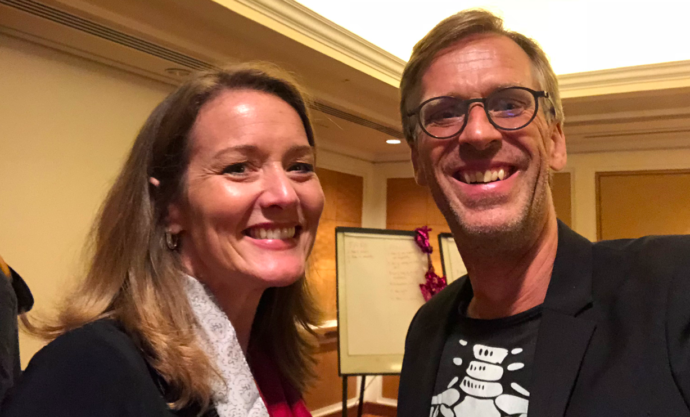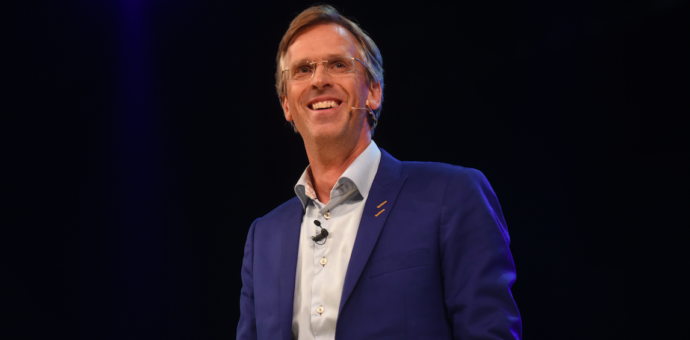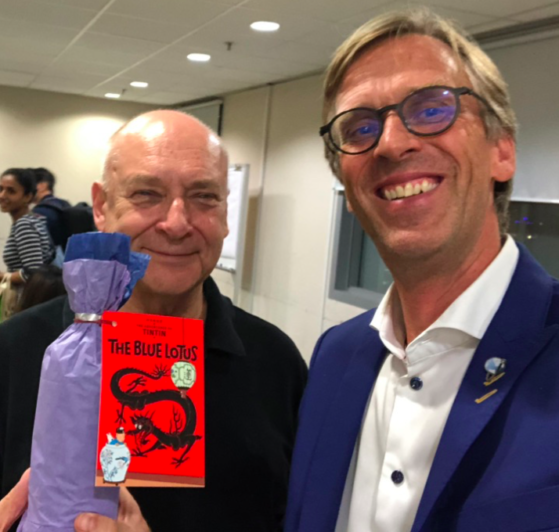
The fear of public speaking is one of the biggest fears people have. (It is right up there with dying in a terrorist attack and being beaten by a snake.)
As speakers we should be VERY happy for that. It means that 99% of people would rather die than do what we do.
I guess it is the same for people working with snakes – they are very happy that so many people hate snakes that the competition for working with snakes is quite small…
The fear of speaking most likely is not really a fear of speaking, it’s a fear of making a fool out of yourself and a fear of people thinking you are wrong.
As someone who has done professional speaking for 20 years I really do not understand the first reason. In today’s world where cameras are everywhere the chance of a video of you becoming viral on YouTube for all the wrong reasons is everywhere. Making a fool out of yourself is no longer limited to screwing up on stage, but might as well come from screwing up in an elevator, a warehouse, a side walk or a beach while being caught on camera and spread to the world.
So in a way the risk of looking like a fool for a huge group of people have been democratised… 😉
Now the fear of people thinking you are wrong is a more interesting issue.
The way to solve that is by:
a) Being prepared.
b) Saying things you believe
Or perhaps that should come in the other order:
a) Saying things you believe
b) Being prepared.
Tonight I attended the monthly meeting of Asia Professional Speakers Singapore, where I am the current President. The theme of the meeting was “FEAR” and we had three great speakers speaking on the topic of fear for speakers.
In this post I want to highlight a quote from one of the speakers, Adrienne Gibson, who said: “What makes great speakers great is that they tell their own story.”
When a speaker speaks from a place of authenticity he or she can get away with almost any message.
And if he or she then prepares well, meaning studies not only the topic but also the audience and how to best communicate to that audience then there really is very little to be afraid of as a speaker.
So lets aim at A) telling your truth B) in a way that is the exact way the audience need to hear it.
Now focus on figuring out those two things and you have nothing to fear as a speaker. And in the process you have written a very powerful speech.


